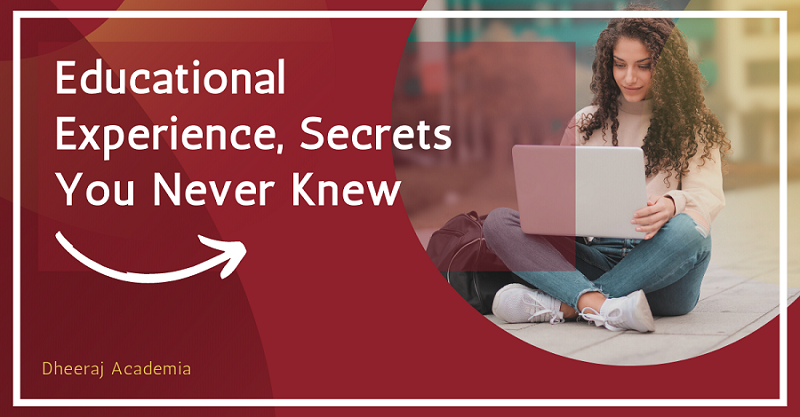How do you study?
If you are like most students, your favorite strategy is to read the text, then your notes, and read them repeatedly until you grasp them entirely. You may think that reading and rereading is the best way to memorize and learn. Isn’t it?
Psychological research has uncovered many secrets to learning. What we are about to tell you is the real deal, proven to work in scientific laboratories and various educational institutions. To put it another way, the key rule to doing well is to test yourself on what you've learned—asking yourself questions, recovering the answers, going back and restudying the portions you weren't sure about, and testing yourself over and over to ensure that you've grasped the entire course.. Even when you finish learning it thoroughly, you should go back and test yourself, which in turn helps you to revise the parts you have learnt before.
Below
mentioned are a few tips and secrets suggested by the top assignment writing services that will help to enhance your educational
experience. What do you do before class? How will you learn everything that you
have been instructed to learn by your teacher? Read on and unleash the secrets
that you never knew!
1. Use the 3R technique: Read. Recite. Review.
You will be able to learn a certain lesson by your next class. Use these basic steps:
- Read a section of the lesson, then close the books and hide the notes.
- Recite or read aloud whatever you have just read. Do as much as you can remember. You don’t need anything fancy, you can recite it to your friend or anyone within your reach. You can also recite it to the mirror in your room.
- Review the section by reading it again to correct anything you got wrong, revisit the parts you went wrong with, pay extra attention to the key words and important information. Check out for the things that you overlooked and learn them up again.
One
reason this method works so well is because when you practice the second R, you
immediately come to know what you had trouble understanding, learning and remembering, thus, you know what to concentrate on while you do the third R.
2. Dig deep
Dig
deep, research, allow your knowledge to vegetate. Don’t limit your resources to
just your textbooks or notes. Read different books, articles, go to the
internet and research as much as you can. Don’t use your mind like a bin and
just store stuff there, use it as a computer. Be smart, don't mug up
unnecessary stuff.
3. Use your imagination
After
you have gathered a plethora of information, start brainstorming. Put some
thought in everything you have learnt. This will help you to know your lesson
better. Let the images in your brain interact.
4. Test Yourself
Now
that you are done with all the steps mentioned above, start by trying to
remember everything that you have learnt. Look at the outline on the first page
and use it to jog your memory and remember even more. Check the terms and try
to define whatever you have learnt in your own words. Jot down your answers,
speak them to your computer or mirror. As you along the way, make note of
everything you can’t remember. Now it is your time to review.
5. Keep your head up and pen down
This
basically means you always have to pay attention to whatever the lecturer says.
As a matter of fact, classes are not recorded so that you can pause it and
retake the class if you haven’t paid enough attention. Take notes but pay
attention at the same time.
6. Process the notes you have collected
After
your class, process the notes you had collected during class hours. Go through
them. Revisit. If they are just phrases that don’t make any sense, organize and
rewrite them before you forget any of the important information. Fill in the
other blanks by using your textbooks or by asking help from your classmates.
7. Once you learn something, don’t drop it
completely
You might be tempted to skip parts that you are thorough with. Don’t do it. Revise the parts that you are well accustomed with. Students who revise their earlier lessons do twice as well in their exams than students who slept on familiar parts.
8. Forget about your “learning style”
Suppose
you have taken a test that tells you that you are more of a visual learner,
does that mean you will have trouble taking information during your lecture,
especially compared to the ones who are auditory learners? NO. There’s no
proven evidence that people learn better when the method matches their
preference. Anything can help you, go with the flow, be open to new
possibilities.
We hope
that these secrets will help you with learning your assignments effectively.
